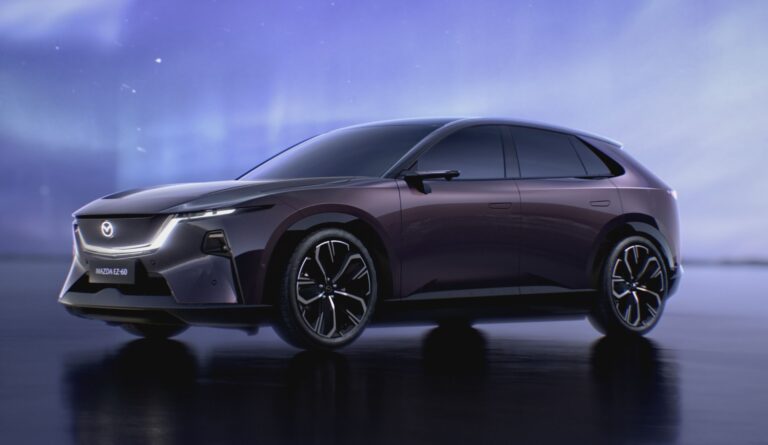Introduction
Nissan is on the brink of a significant breakthrough in electric vehicle (EV) technology, inching closer to the realization of all-solid-state batteries. This advancement could transform the EV landscape, offering enhanced efficiency and safety for consumers.
The Importance of Solid-State Batteries
As the automotive industry shifts towards electrification, the demand for more efficient, safer, and longer-lasting batteries has never been higher. Solid-state batteries are considered the “holy grail” of EV technology due to several advantages over traditional lithium-ion batteries:
- Higher Energy Density: Solid-state batteries can store more energy in a smaller space, potentially leading to longer driving ranges for EVs.
- Improved Safety: Unlike liquid electrolytes used in conventional batteries, solid-state designs are less prone to catch fire, offering a safer alternative.
- Longer Lifespan: These batteries can withstand more charge cycles without degrading, translating to a longer lifespan for EVs.
- Faster Charging: Solid-state technology could enable quicker charging times, enhancing convenience for EV users.
Nissan’s Collaboration with LiCAP Technologies
Nissan’s progress in solid-state battery development has been significantly bolstered by its partnership with LiCAP Technologies, a company specializing in advanced battery materials. This collaboration aims to expedite the development and commercialization of solid-state battery technology.
Through this partnership, Nissan plans to leverage LiCAP’s expertise in manufacturing and materials science, which is crucial for overcoming the technical challenges associated with solid-state batteries. As a result, Nissan is now gearing up for the production of its first vehicles powered by this innovative battery technology.
Future Implications for Nissan and the EV Market
The successful implementation of all-solid-state batteries could place Nissan at the forefront of the EV market. With consumers increasingly concerned about battery performance and safety, Nissan’s advancements may enhance its competitive edge against other automakers.
Moreover, the introduction of solid-state batteries could lead to a broader acceptance of electric vehicles among consumers who have previously hesitated due to concerns over range and charging times. This shift could help accelerate the transition to sustainable transportation.
Conclusion
Nissan’s commitment to developing all-solid-state batteries represents a pivotal moment in the evolution of electric vehicles. With the potential for improved safety, efficiency, and longevity, this technology could redefine the driving experience for EV owners. As Nissan continues to innovate, the automotive landscape may witness a significant shift towards a greener and more sustainable future.

